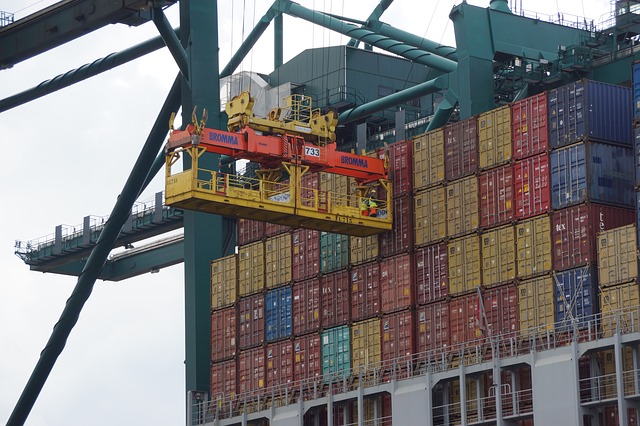The shifting of supply chains to reduce dependence on China following the coronavirus crisis could have mixed implications for the Association of Southeast Asian Nations (ASEAN), Moody’s Investors Service says in a new report.
Specifically, trade diversification will favor ASEAN economies over time, but the localization of production will have negative effects for ASEAN producers, the report entitled “Global supply chain shifts will have mixed credit implications for ASEAN economies” said.
Moody’s said it expects many governments and companies to reduce their dependence on China in global value chains, driven by the coronavirus outbreak, China-US trade conflict, and heightened national concerns over economic security.
Recent events will likely accelerate the offshoring of activities to ASEAN at the expense of trade with China, although an exodus of foreign companies from the Chinese markets is unlikely even as companies step up efforts to mitigate risks.
Some advantages that ASEAN enjoys include the general openness to foreign direct investment and lower production costs, even as the region still lags in technological capabilities compared to more advanced Asian economies, particularly in electronics, said Moody’s.
While the ASEAN economies stand to benefit from the efforts of producers to diversify their sources of supply, they will be negatively affected if reshoring trends become more pronounced.
The reshoring of supply chains closer to consumer markets—especially in sectors with heightened security requirements such as pharmaceuticals—could move productive capacity away from the ASEAN region.
The report suggests that the ASEAN economies might be able to mitigate the impact of a possible reshoring trend and the associated fragmentation of the global trading system by enhancing free trade agreements (FTAs) with advanced economies, which could provide incentives for multinational corporations to retain productive capacity in the region.
READ: RCEP economies advance talks on mega trade pact
ASEAN could also deepen its linkages in Asia through regional trade agreements. Moody’s said increased regionalization of trade could encourage deepening of intra-ASEAN linkages.
ASEAN could likewise develop further as a trading bloc in its own right, developing deeper economic integration. As its middle-class population grows, household purchasing power will rise and become a significant driver of consumption and investment. However, ASEAN will first need to address structural challenges to harness the bloc’s full potential, said the report.
Image by Hessel Visser from Pixabay









